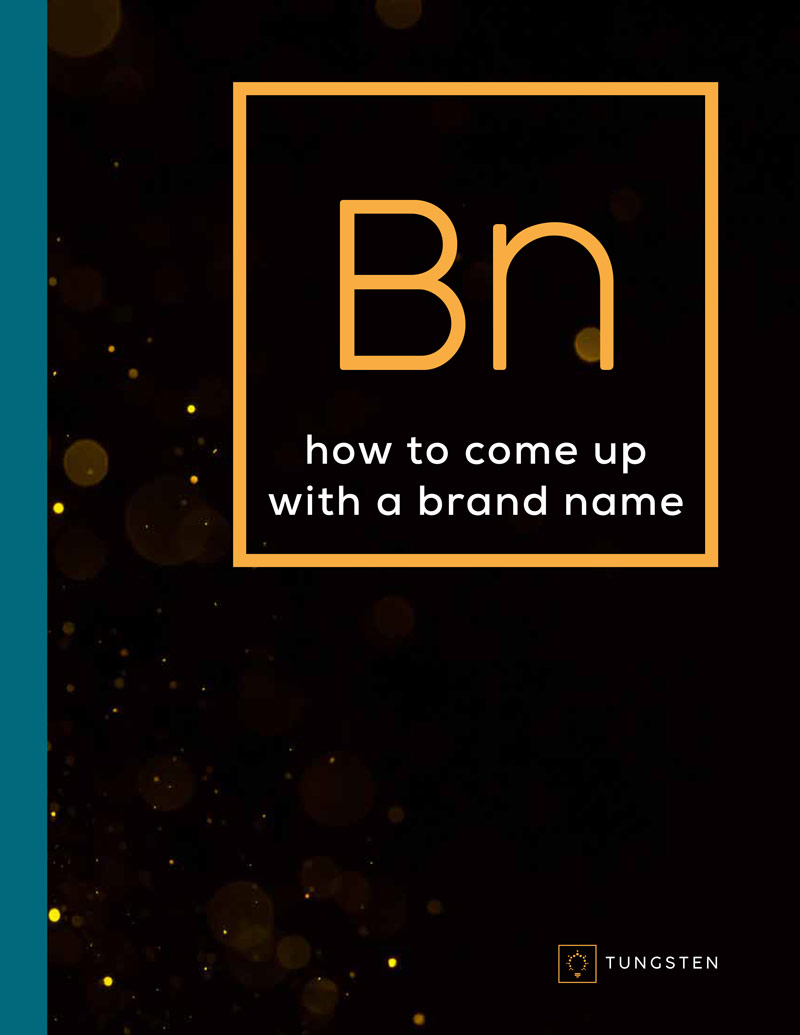The start of most business introductions begins with the mention of the company name. So just how important is this little piece of verbal real estate? Is a better company name worth re-printing all the business letterhead you just purchased? And what about current customers – will they become confused or think something is wrong? Balancing the risks vs. rewards presents a challenge when considering a company name change, so here are four good reasons, four key indicators, that a company name change might well be in order.
1. When the company name is no longer accurate, (or worse) misleading
A good example of this branding cul-de-sac is CompUSA, which was named/branded when computers were a hot item. The problem with product-identified brand names is that they last as long as the product life cycle. As computers became commoditized, the brand suffered. Meanwhile, BestBuy sells all types of electronics without being pigeon-holed by a product name. Radio Shack has struggled with this issue for years, recently rebranding as “The Shack.” The original name for PODS was Portables, and it sounded like they rented toilets. The new name avoided those misperceptions and moved the conversation forward.
2. When the business name is too literal, descriptive or generic
This one is slippery. On the surface, the name seems fine, or it worked great at first because everyone “got it.” But as the business grows, the name just doesn’t provide enough “umph” to differentiate it. An example is a client named Wholesale Landscape Supply, which sounded like a yellow page heading. They were expanding and just couldn’t get any notice or attention, plus a percentage of their new business was retail, not wholesale. That’s the problem with descriptive names – they are not only forgetful, but they too become inaccurate over time. In this case we renamed them Big Earth.
That’s the problem with descriptive names – they are not only forgetful, but they too become inaccurate over time.
Linens & Things is another example of a literal brand name that did not fare well. A sure sign of branding issues is when phrases such as ” & Things,” “& More!””& Beyond!” are added to try to shore up a brand name.
3. When the company name has a geographic reference in it
This happens a lot. An enterprising entrepreneur starts out in a certain city performing a specific service and chooses a company name such as Pittsburg Plumbing or Dental, etc. As the company grows and adds more offices and services, consumers go elsewhere, assuming the company operates only in that original city, area or state — providing only the original service.
Try basing the company name on an attribute (the “how”) rather than a location (the “where.”)
Instead of rebranding and repositioning, companies will often spend countless marketing dollars trying to educate and inform their customers that they are now in neighboring cities, counties and states. Companies with the word “America” or “USA” will then have to pay to tell the world they have “gone global.” You can always argue that the name conveys origination, not location, but that adds another layer of complexity to the message, and more money to the budget. It’s better to have a brand name that can easily grow and expand as the company grows. Try basing the company name on an attribute (the “how”) rather than a location (the “where.”)
4. When it’s a legacy name (based on a surname) which no longer proves helpful
It’s important to evaluate a company’s existing brand equity, the degree of name recognition by current and potential clients, before making a company name change. There is a point where a legacy name, based on the original owner’s surname, can become “branded” in the minds of the consumer. EF Hutton is an example. Orville Redenbacher is another. But for most companies, these types of names become problematic. Here’s why…
For one, what happens when you go to sell your insurance firm, marketing company or consultancy with your last name on the front door? Will the new owner take ownership? Will they have to explain that you left? Are you building the brand on the business or on you?
What happens when you add partners? Do their names get added as well? What if the name is hard to say or spell? (e.g. Husqvarna and Asplundh.) And does a surname have any intrinsic meaning that will help establish the brand message? If your last name happens to be Armstrong or Goodman, then perhaps it would, but most last names are just empty vessels – with not much to them. Some even have negative connotations. When I opened my first ad agency at the tender age of 26, I called it The Davis Agency, and had to explain it wasn’t an insurance company. We later rebranded to Octane – “High Performance Marketing.”
These branding “red flags” are four of the most common, (and compelling) reasons for considering a company name change. The process should be well thought out and carefully implemented, but the rewards can be substantial, especially if your company has shifted from where it originally started.
Have you ever attempted a company name change? If so, share the tips and lessons you learned along the way so others can benefit.
About the author: With over twenty five years of company naming and branding expertise, Tungsten founder Phil Davis is a marketing and advertising veteran, having personally named over 250 companies, products and services worldwide. As a sought after branding expert, Phil has been quoted in The Wall Street Journal, Inc.com, Businessweek, Entrepreneur, and Newsday.
Related posts on company rebranding
5 Steps to Rebranding Your Business
Rebranding vs. Repositioning – The Right Strategy Makes All The Difference
The Benefits of Rebranding Your Company – Improve Your Image and Your Bottom Line
Seven Signs It’s Time to Rebrand Your Company – Is Your Business Name Causing More Harm Than Good?
BY Phil Davis
Brand Naming Expert
With over twenty-five years of company naming and branding expertise, Tungsten founder Phil Davis is a marketing and advertising veteran, having personally named over 250 companies, products and services worldwide. As a sought-after naming expert, Phil has been quoted in The Wall Street Journal, Inc.com, Businessweek, Entrepreneur, and Newsday.




